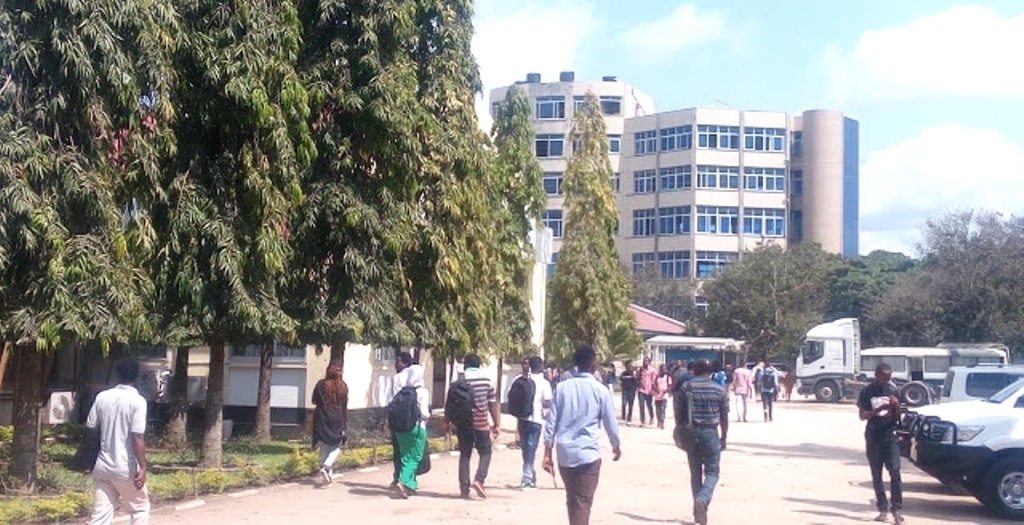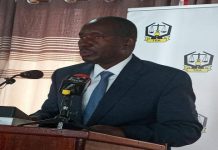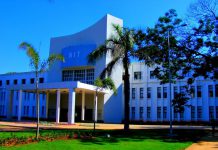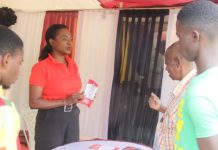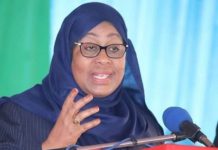THE National Institute of Transport (NIT) will deploy a team of experts to provide technical support to a local investor who has established a motor assembly plant in Coast Region.
NIT Rector, Prof ZachariaMganilwa, who recently toured the Kibaha-based plant, said this week that his organisation will dispatch mechanical and automobile engineers, transport, finance, and market experts to study how the investor could be supported technically to conduct his business profitably.
“Each expert is expected to give recommendations on how the entrepreneur could do his business smoothly and profitably. Automobile engineers will study the quality of the bus and how comfortable it is for both drivers and passengers,” he said.
Local investor Jonas Nyagawa, who is the director of BM Motors Assembly Plant, has assembled a passenger bus whose road worthiness needs to be determined by NIT experts before the issuance of a certificate of quality.
According to Prof Mganilwa, other institutions such as the Tanzania Revenue Authority (TRA) and the Tanzania Bureau of Standards (TBS) would also provide certificates to allow the businessman officially launch his business.
The establishment of the Kibaha motor plant is seen by NIT authorities as a step in the right direction to help students in practical training and employment generation since the raw materials for vehicle assembly are readily available in abundance in the country.
“The government has already introduced the sustainable industrial development strategy which would see the Liganga iron ore fully utilised to develop the automobile industry,” Prof Mganilwa said.
The Liganga iron ore will be used to make marine steel, motor vehicle chassis and other parts used in the vehicle assembly line. Businessman Jonas Nyagawa established the BM Motors Assembly Plant five years ago.
“I decided to enter into this risky business which many people–including senior government officials– perhaps thought I was crazy. My company’s target is to assemble 100 vehicles per year if I get a machine for making vehicle chassis,” he said.
Currently, BM Motors Assembly Plant assembles buses using imported chassis and numbers. The chassis number is what identifies the originality of the vehicle.
About 40 per cent of the raw materials for assembling buses are obtained locally, Nyagawa said.
“My vision is to buy a machine for making chassis which is now sold at 4 million US dollars so that it can help reduce the price of fully assembled motor vehicles,” he said.
In Tanzania, an imported passenger bus costs 450m/-, but if the same vehicle is assembled locally it could cost 300m/-.


